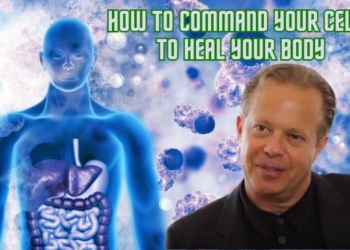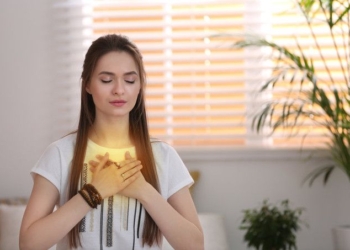
Many people around the world report finding it difficult to have a good night’s rest. In the United States alone, the American Sleep Association reports that between 50 to 70 million Americans suffer from some form of sleep disorder. There are many, but the four most common sleep disorders are insomnia, narcolepsy, REM sleep disorder, and sleep apnea. These all sound unnerving, but thankfully, there is information on how you can treat your condition and put them to rest!
Insomnia
Insomnia is one of the most common sleep disorders that makes it difficult for people to fall or stay asleep. Experts have identified two forms of insomnia and have termed them to be transient and chronic. Transient or temporary insomnia usually occurs in people who have gone through a traumatic experience, such as losing a loved one. But sometimes, it could be caused by jet lag. With chronic insomnia, you might find that your sleep is non-restorative; it does not refresh you mainly because you cannot fall asleep or maintain your sleep. To be diagnosed with chronic insomnia, you need to have experienced it for at least a month.
Once you are diagnosed with insomnia, your doctor might prescribe you the right medication based on any underlying condition. If you might be suffering from depression or anxiety for example, your physician might want to prescribe some anti-depressants. Sleep medications might be prescribed as well, but those are better for those with transient insomnia. There are also natural remedies to help you, such as hypnosis and stimulus control. Your doctor would also advise you to make lifestyle changes, such as avoiding coffee to help you sleep better.
Narcolepsy
If you have narcolepsy, you might find yourself falling asleep at any time of day, regardless of where you are. It is a dangerous condition, especially if you spend most of your time driving. That is because people that have narcolepsy have trouble regulating their sleep-wake cycle. Apart from falling asleep at any time, other common symptoms include constantly feeling drowsy, higher sleep paralysis occurrences, loss of muscle control (cataplexy), and hallucinations.
Unfortunately, there is no known cure for narcolepsy. However, your doctor would help you make lifestyle changes that can help you reverse or manage the symptoms. They might provide you with stimulants to help keep you awake during the day. If you suffer from cataplexy, your physician might prescribe you some antidepressants as well. Lifestyle changes include avoiding alcohol and nicotine, setting a sleep schedule that provides short naps, and regularly exercising.
REM Sleep Disorder
People with REM sleep disorder tend to act out their dreams while they sleep. It can be potentially dangerous to you, as well as the people around you. You might have this sleep disorder if you regularly move your limbs around when you sleep or if you talk, scream, and even hit while asleep. Fortunately, a REM sleep disorder can easily be treated. Your physician might prescribe medications such as melatonin and clonazepam, which can reduce symptoms. Besides medical treatments, your doctor might also recommend having physical safeguards such as getting padded floors and placing barriers at your bedside.
Alternatively, studies have found that CBD has helped improve the symptoms of REM sleep disorder and boost wakefulness. There are different ways to take CBDs; through vaping, pills, oils, and gummies. If you are considering treating your condition with natural remedies, you can check out a few types, including the Martha Stewart CBD essentials.
Sleep Apnea
Sleep apnea is perhaps the most severe sleep disorder out there. While sleeping, your airways get blocked; thus, you cease to breathe. When that happens, you might either start to snore loudly or choke. It can happen a few times a night. However, people with severe cases can experience it close to one hundred times a night!
Sleep apnea can be a scary experience. Fortunately, it can be treated depending on the severity of your condition. Your doctor might recommend getting Continuous Positive Airway Pressure (CPAP) therapy, which involves using a machine to open up your airways while you sleep. If the CPAP therapy is not for you, there are alternative treatment solutions. You can have surgery, lose some weight (especially if you are overweight or obese), or try out positional therapy.
Sleep disorders can be frightening and can leave you feeling exhausted. It might affect your home, work, and social lives as well. However, there is light at the end of the tunnel, thanks to the multiple treatment plans available.








![Zero-Cost Method to Increase Motivation and Dopamine | Neuroscientist Andrew Huberman [VIDEO+TRANSCRIPT]](https://consciouslifenews.com/wp-content/uploads/2022/12/boost-moivation-andrew-huberman-350x250.jpg)





